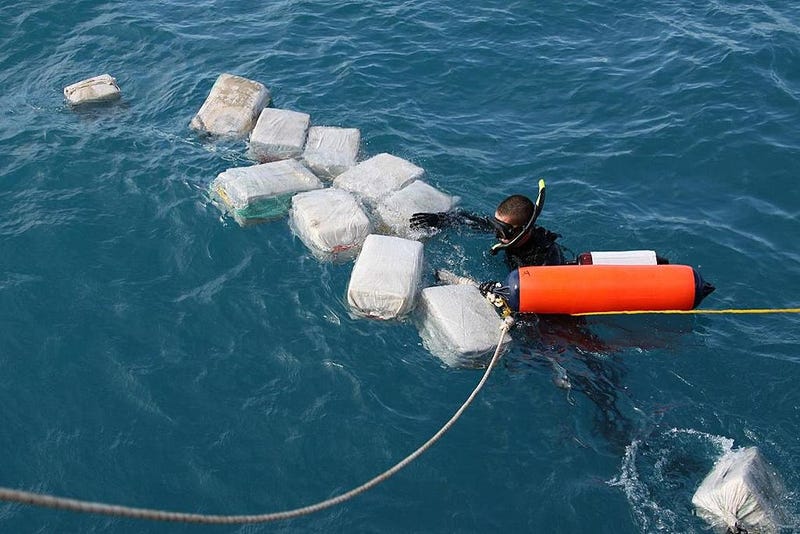
Most have us have heard of the “Cocaine Bear” movie inspired by a real headline – could “cocaine shark” be next?
Probably not.
“I mean, apparently it is based on true story, but what happened was that a bear did eat a bag of cocaine and then died,” said Steve Rolles of the U.K.-based Transform Drug Policy Foundation.
He joined the “Something Offbeat” to discuss another wild headline about French authorities being alerted about 850 kilograms cocaine that washed up on a beach. That’s nearly two tons of coke.
“If you eat a kilo of cocaine – if any animal eats a kilo of cocaine – you will die very quickly,” Rolles stressed. He explained why large amounts of the drug can be found in bodies of water, and why trace amounts have even been found in wastewater.
Each week, “Something Offbeat” dives into stranger-than-fiction headlines. If you have suggestions for stories the podcast should cover, send them to us at somethingoffbeat@audacy.com.

